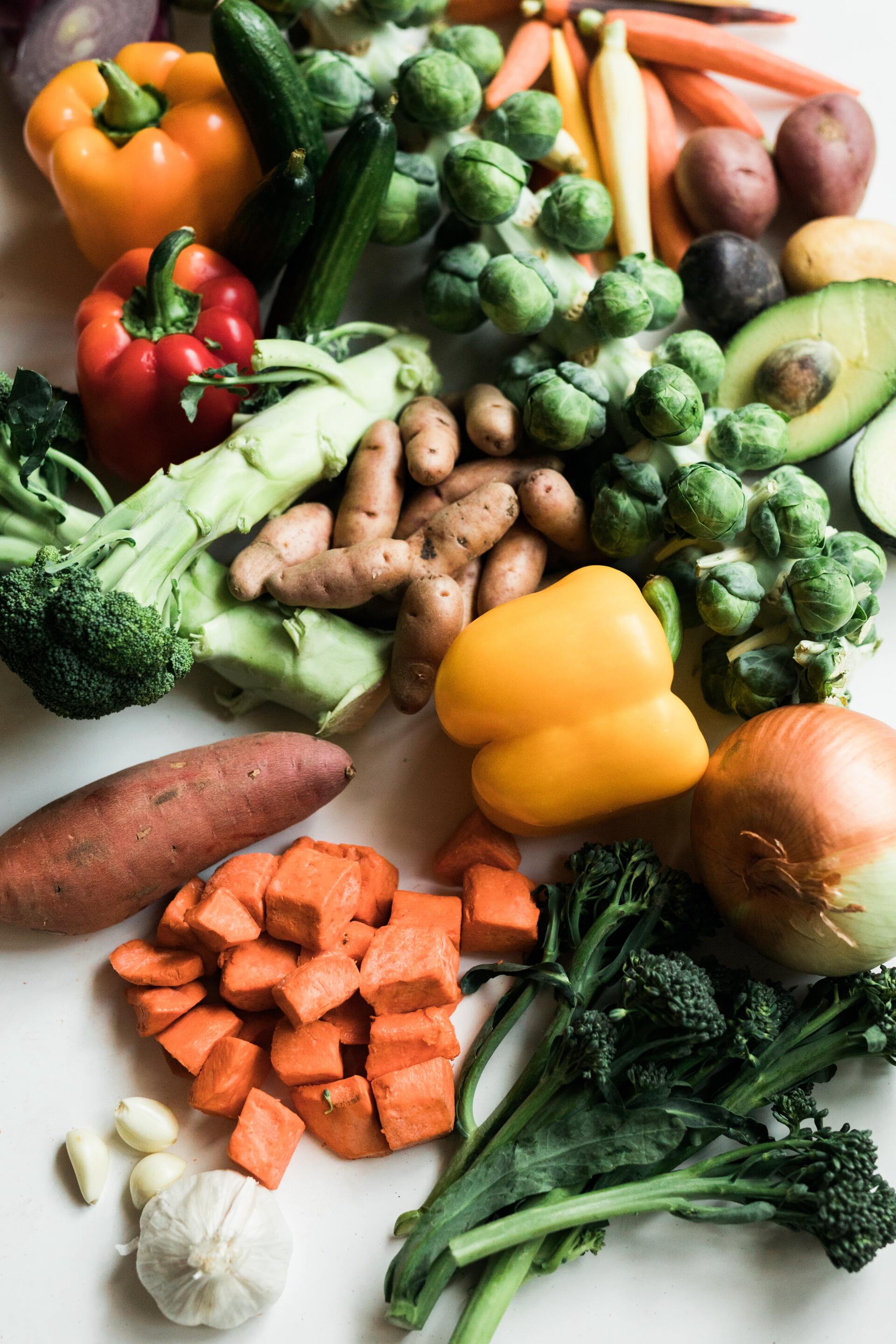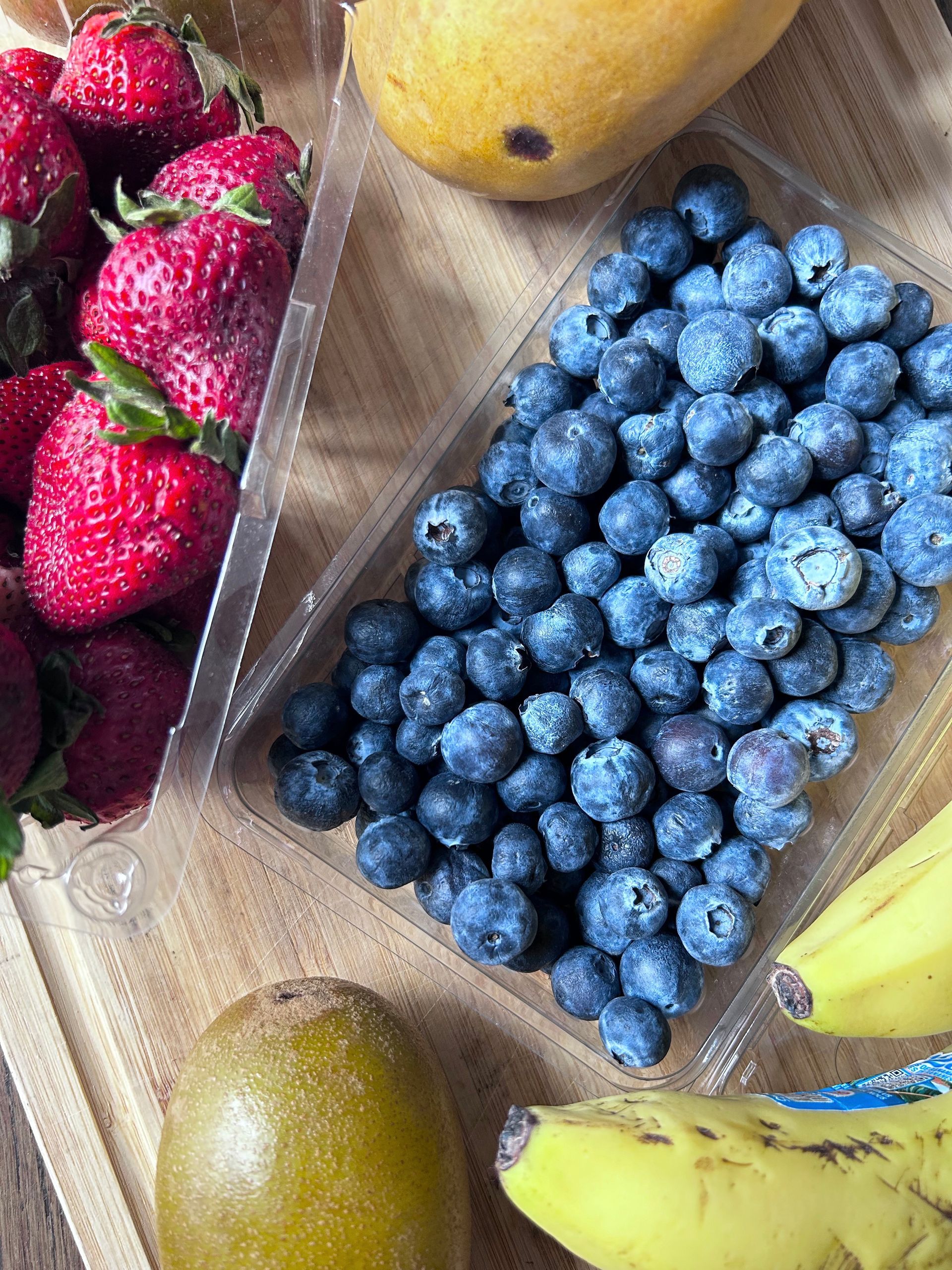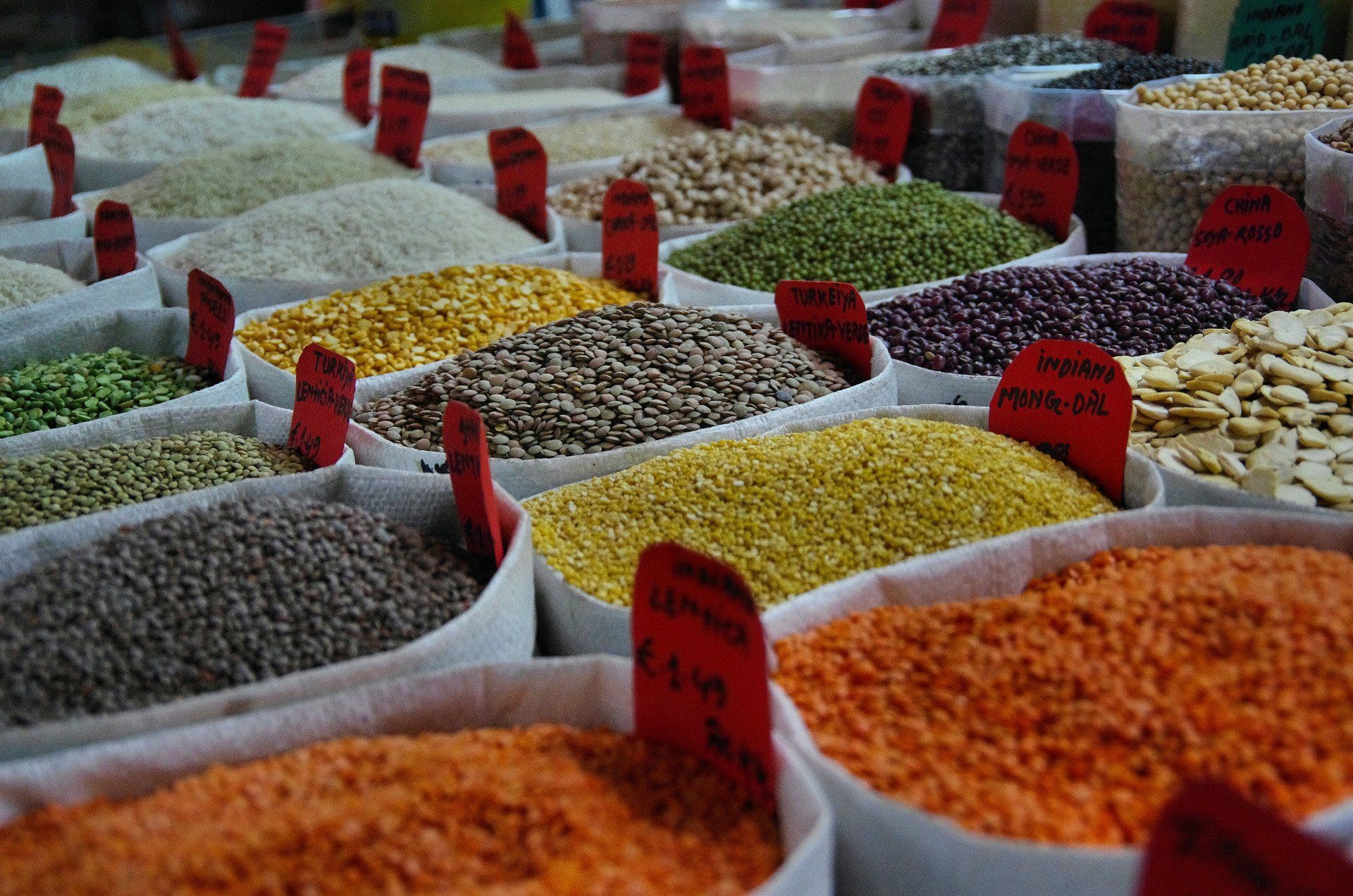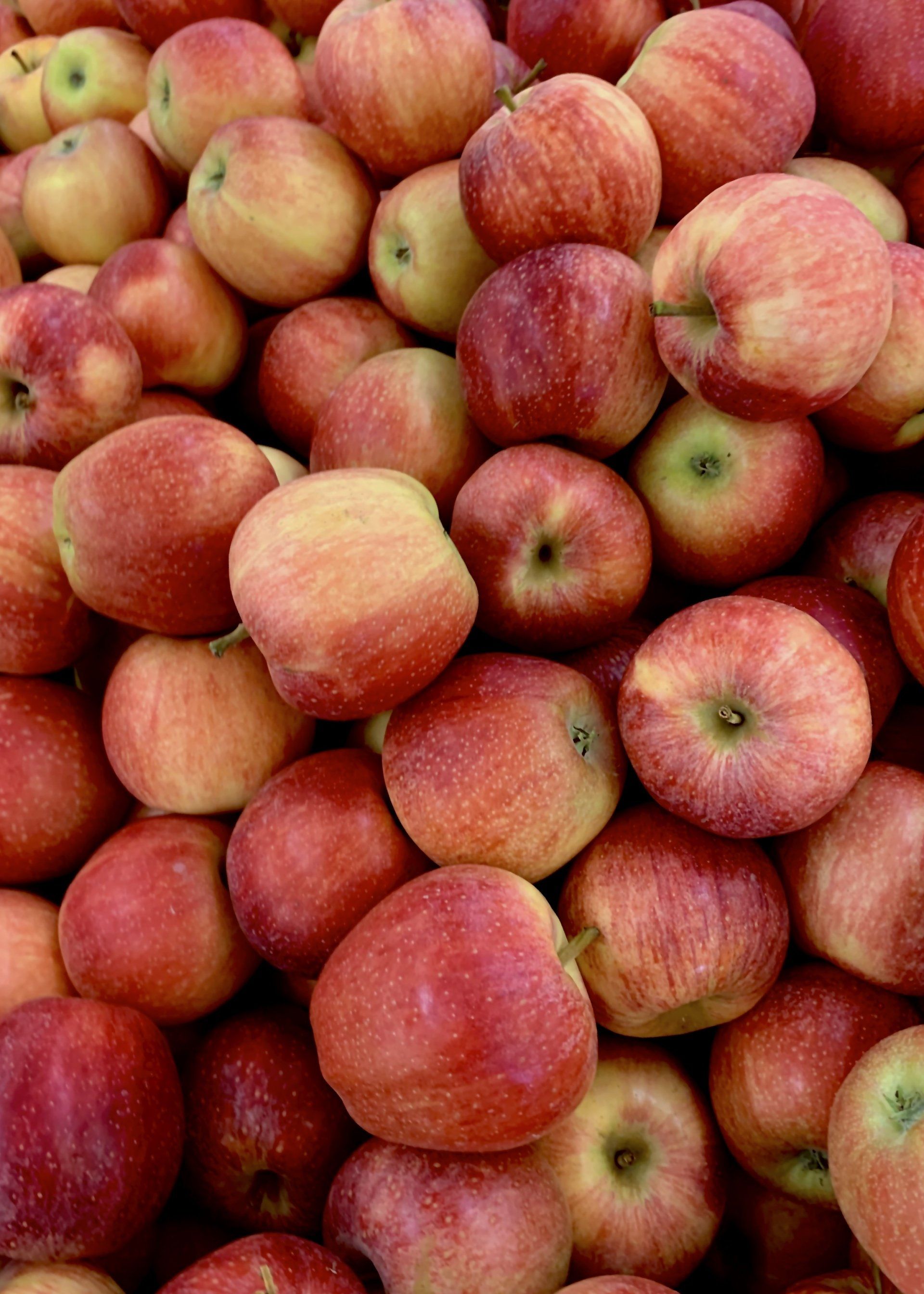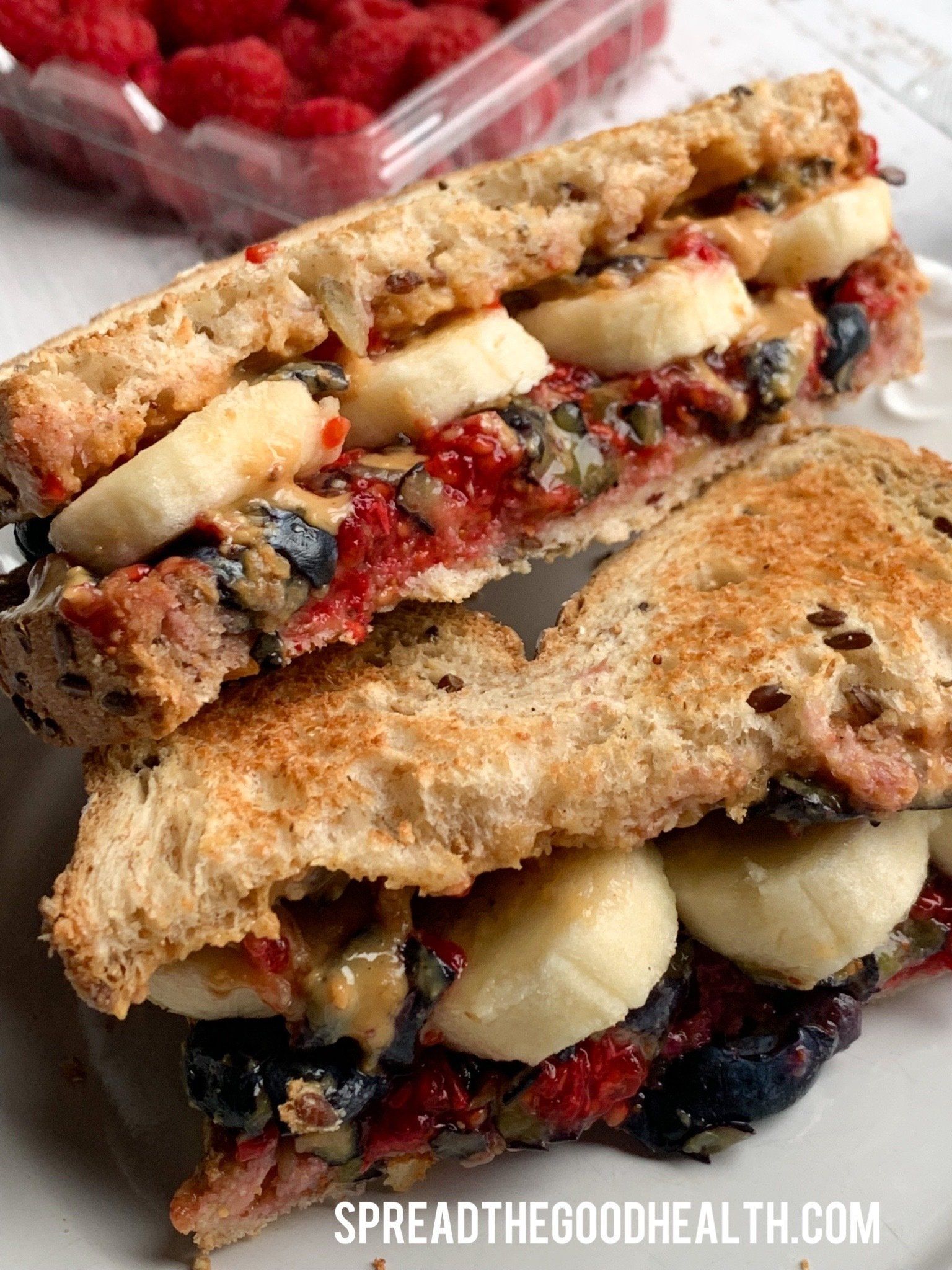What’s the deal with carbs?
What’s the deal with carbs? Should we consume them or avoid them? How much of them should we eat? Do they cause weight gain? Can I lose weight on a high carb diet?
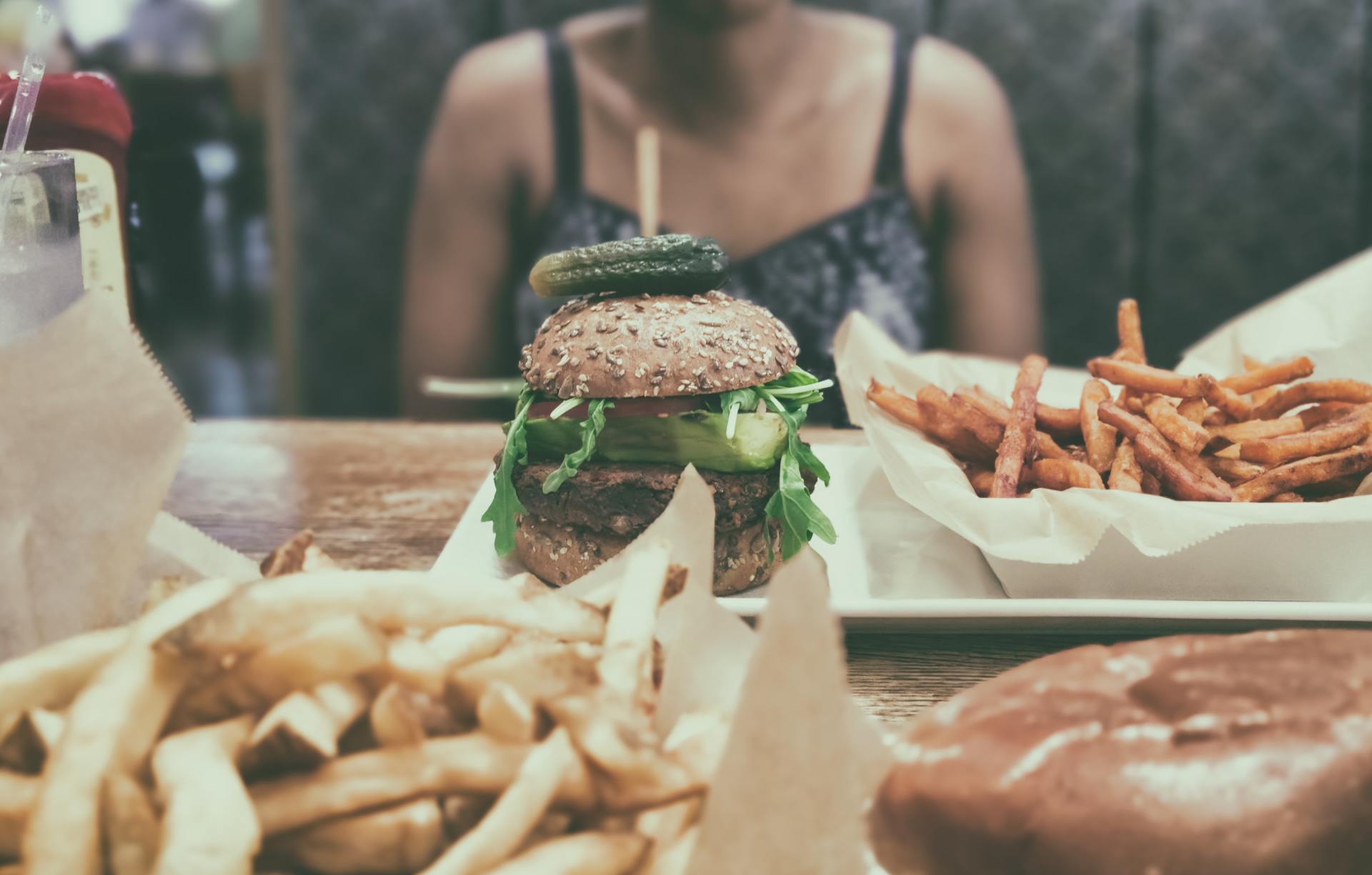
When it comes to carbs, there is so much confusion and conflicting information, it’s no wonder why people have a hard time with their diets. We’ve been told that if we want to lose weight, that carbs should be avoided, at the same time, we’re told that carbs are essential in weight loss. What to do? What to believe? Send helpppppp!
The truth is, carbs are one of the 3 main sources of food and are a source of energy. Carbs are mainly sugars and starches that the body breaks down and turns into glucose (a simple sugar that is the body’s main source of energy). And while we could get scientific and all, let’s just keep it simple:
Carbohydrates are generally categorized in two ways which vary by their chemical structure:
Simple carbs are a quick source of energy that offer very little nutrition and because they are digested fast, shortly after consuming them, we find ourselves hungry again, leading us to both wanting and eating more. Consuming simple carbs can also cause a rapid rise in both the blood sugar and insulin levels. These rising levels are unhealthy and can lead to insulin resistance, diabetes, yeast overgrowth, ADHD, heart disease, tooth decay, cancer, anxiety and many other health issues.
Below are some examples of simple carbs. THESE are the types of carbs that we should be avoiding if we are looking to optimize our health, lose weight and/or generally looking to stay healthy:
- candy/chocolate
- Breakfast cereals
- White foods: bread, noodles, pastas, rice and refined sugar
- Pop
- Processed snack foods
- Doughnuts, pastries and refined grains
- pizza, burgers
Complex carbohydrates contain fibre, vitamins, phytonutrients and minerals. They take much longer to digest than simple sugars, so they don’t raise blood sugar as quickly as simple carbohydrates. Instead, they act as long-term fuel and contribute to energy production. Vegetables and whole grains are examples of complex carbohydrates. While complex carbs are a better choice, certain foods do score high on the glycemic index and can also cause a spike in blood sugar, for example: whole grain bread.
Below are examples of complex carbs. THESE are the types of carbs that we should be consuming everyday for optimal health:
- Vegetables
- Fruits
- Nuts and seeds
- Beans
- Oatmeal
- Quinoa
- Brown rice
- Whole wheat bread
Although all of the examples of complex carbs are healthy and play an important role, the body prefers the carbohydrates in vegetables rather than grains because it slows the conversion to simple sugars like glucose, and decreases your insulin level. Grain carbohydrates, on the other hand, can increase your insulin levels and interfere with your ability to burn fat. Moderation is key, even when eating whole grains.
So to round it up, carbs are not made equal. When we are looking to stay lean and healthy and avoid dis-ease to the body, we should be consuming more of the complex carbs while avoiding simple carbs. Now don’t get me wrong, there’s nothing wrong with having a slice of pizza once in a while or your favourite doughnut once a month. We’re human and deserve to indulge in some of our favourite foods once in a while. And as long as we’re keeping it to, once in a while, we can still maintain health while treating ourselves!


